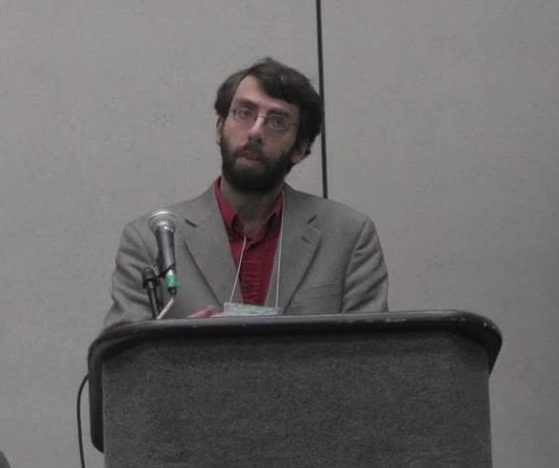
This year in Baltimore, at the Annual Meeting for the American Academy of Religion, Culture on the Edge members Monica Miller and Steven Ramey — along with Chip Callahan (University of Missouri), Sean McCloud (UNC Charlotte), and Patricia O’Connell Killen (Gonzaga University) — were panelists in a roundtable discussion, “Discussing the ‘Nones’: What They Say about the Category of Religion and American Society” where part of their thoughts on the Nones stemmed from the ideas and conversations around their co-authored Huffington Post article. Continue reading “Discussing the “Nones””



 People involved in
People involved in 